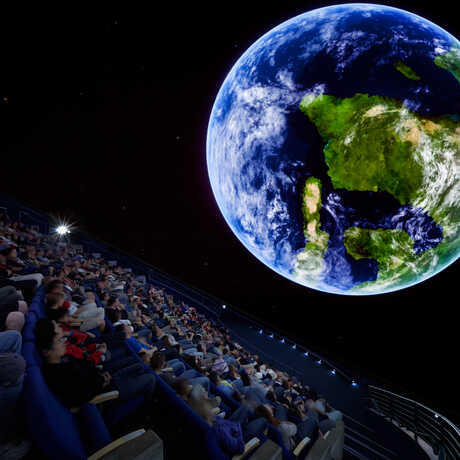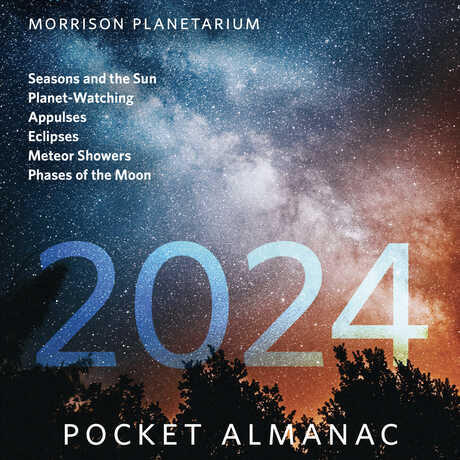Benjamin Dean Astronomy Lectures
The Search for Evidence of Life Beyond Earth

The Saturnian moon Enceladus has an underground ocean which vents into space in the form of geysers that shoot about 300 miles high.
The Search for Evidence of Life Beyond Earth
Monday, July 11, 2022
7:30 pm
Morrison Planetarium
Featuring Dr. Alfonso Davila (NASA/Ames Research Center)
Is there life beyond Earth? This is one of humanity’s most profound and existential questions. The discovery of another inhabited world would be a society-shaping event that would forever change our perspective of life and the universe. Decades of robotic exploration have revealed an unexpected diversity of alien worlds that could potentially sustain life. Within our solar system, the subsurface ocean of Saturn’s moon Enceladus has the highest biological potential, and robotic missions are currently being designed to search for evidence of life in that ocean world. This public lecture will discuss the scientific and technical challenges and strategies to search for signatures of life at Enceladus, and the possible implications of a positive result.
About Dr. Alfonso Davila

After receiving undergraduate degrees in marine science in Spain, Alfonso Davila received his PhD in geophysics from the University of Munich in Germany. He had not intended to pursue a space-related career, but an opportunity opened up for him to travel to the US for post-doctoral work at NASA's Ames Research Center, studying the Allen Hills Martian meteorite. From there, he continued working with NASA as well as the SETI Institute, gravitating to studying the microbial communities in Chile's Atacama Desert, which also serves as a terrestrial analog to Mars.
His work takes him to Chile's Atacama Desert, the Antarctic Dry Valleys, and the Namib Desert, and he considers his current work his dream job, saying it feels more like a hobby than work.
From outer space to Earth's inner core, explore the universe from Morrison Planetarium's 75-foot digital dome.

Download Morrison Planetarium's 2024 Pocket Almanac to stay up-to-date on eclipses, meteor showers, satellite spottings, and more.
